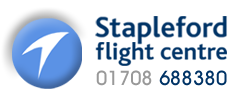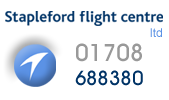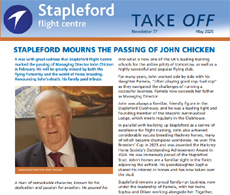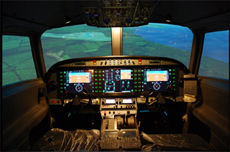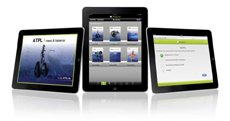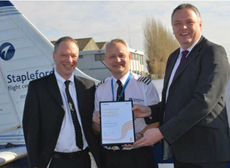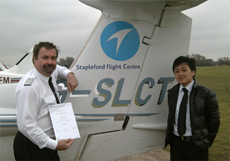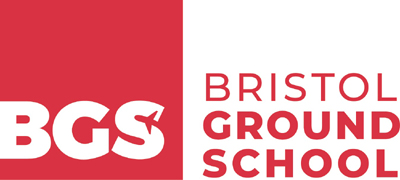Upset Prevention and Recovery Training - Stapleford Flight Centre
Upset Prevention and Recovery Training (Course in accordance with FCL.745.A)
What is UPRT?
UPRT stands for aeroplane ‘Upset Prevention and Recovery Training’ and constitutes a combination of theoretical knowledge and flying training with the aim of providing flight crew with the required competencies to both prevent and to recover from situations in which an aeroplane unintentionally exceeds the parameters for line operation or training (aeroplane upsets).
With the objective to introduce different ‘levels’ of UPRT at various stages of a professional pilot’s career, EASA has published its Opinion No 06/2017 and is currently revising the existing acceptable means of compliance (AMC) and guidance material (GM) published with regard to the provisions of Annex I (Part-FCL) to Regulation (EU) No 1178/2011 as follows:
- Basic UPRT will exercises to be integrated in all CPL and ATPL training courses as well as the MPL training course.
- An ‘advanced UPRT course’ will include at least 5 hours of theoretical instruction as well as at least 3 hours of dual flight instruction in an aeroplane, with the aim to enhance the student’s resilience to the psychological and physiological aspects associated with upset conditions.
- Class- or type-related UPRT during class or type rating training will address the specificities of the relevant class or type of aeroplane.
Which pilots need to undergo what kind of UPRT?
The different ‘levels’ of UPRT will be integrated into pilot training as follows:
- Basic UPRT
- All modular and integrated CPL and ATP training courses for aeroplanes as well as the integrated MPL training course
- ‘Advanced UPRT course’
- Part of; integrated ATP course
- integrated MPL course
- Perquisite to;
- training courses for single-pilot class or type ratings operated in multi-pilot operations
- training courses for single-pilot high performance complex aeroplanes
- training courses for multi-pilot aeroplanes
- class-or type-related UPRT
- training courses for single-pilot high performance complex aeroplanes
- training courses for multi-pilot aeroplanes
- bridge course for extending privileges on a single-pilot aeroplane to multi-pilot operations
From when UPRT will be mandatory?
The entry-into-force / start of applicability of the new UPRT provision will depend on the progress of the rulemaking process following the publication of EASA Opinion No 06/2017 on 29 June 2017. For the time being, 8 April 2019 is envisaged as the day from which the new regulatory framework on UPRT will apply. Transitional provisions will allow ongoing courses to be finished pursuant to the rules as in force today.
Will UPRT also be mandatory for the LAPL and the PPL?
EASA Opinion No 06/2017 aims at integrating UPRT at various stages of a professional pilot’s career. The proposed new provisions of Part-FCL will therefore not be applicable to training courses for the light aircraft pilot licence (LAPL) and the private pilot licence (PPL).
However, in order to address the fact that loss of control in-flight is still a major issue in general aviation, EASA intends to revise the existing AMC/GM published with regard to the provisions of Part-FCL, with the objective to integrate basic UPRT elements into existing training syllabi for the LAPL and the PPL.
Advanced Upset Prevention and Recovery Training Objectives;
- To understand and learn how to cope with physiological and psychological aspects of dynamic upsets in aeroplanes
- To develop the required competence and be able to apply the appropriate recovery techniques during upsets
- To understand and emphasise the physiological and psychological effects of upsets and learn how to mitigate those effects
- Where possible, apply recovery techniques that are applicable to transport category aeroplanes
UPRT Course Overview
The course is designed to meet the requirements of Part-FCL.745.A
ENTRY REQUIREMENTS
Before commencing the UPRT course you must:
Course prices:
See our Commercial Course Pricelist for all latest course costs.
Get in Touch!
Interested? Excited? Motivated? Still have some unanswered questions? Then why not call us on 01708 688380, or come along to one of our regular open days to find out more? Your dream of becoming a pilot starts right here!
Tweet
Our Training Facilities
Modern Classroom Facilities
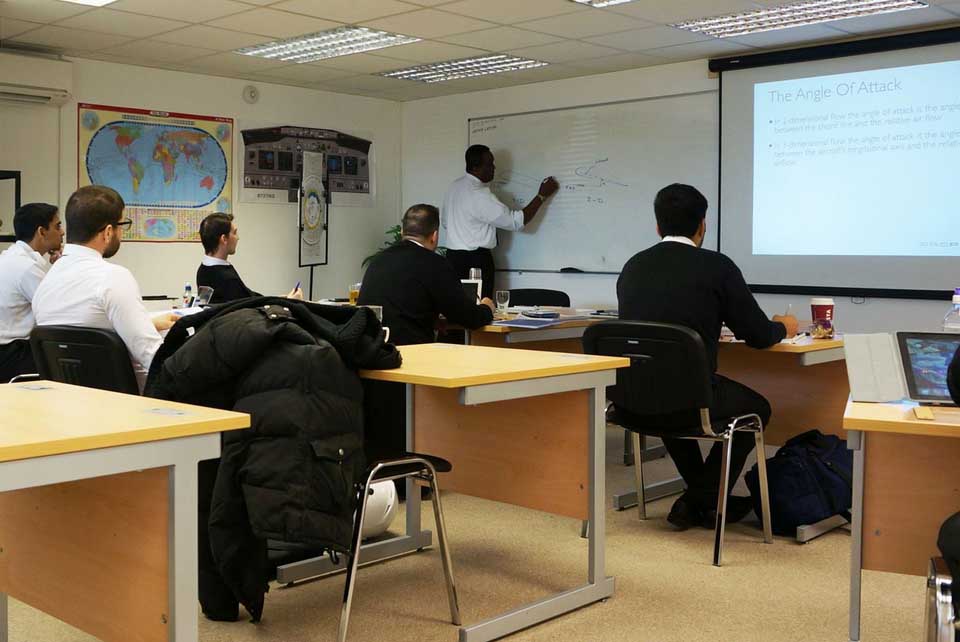
State-of-the-Art Jet & Prop Simulators
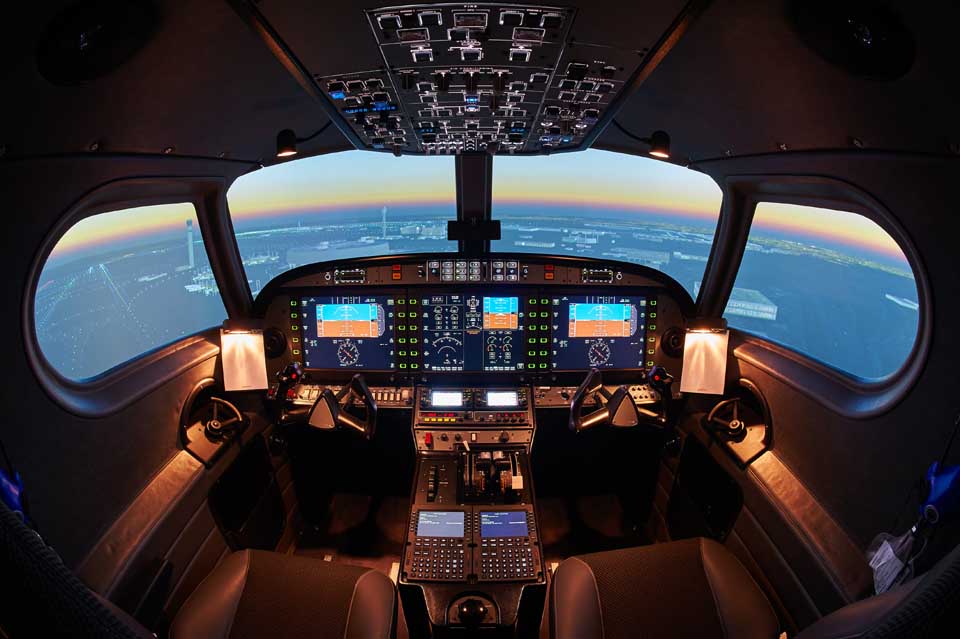
Comfortable Student Accommodation
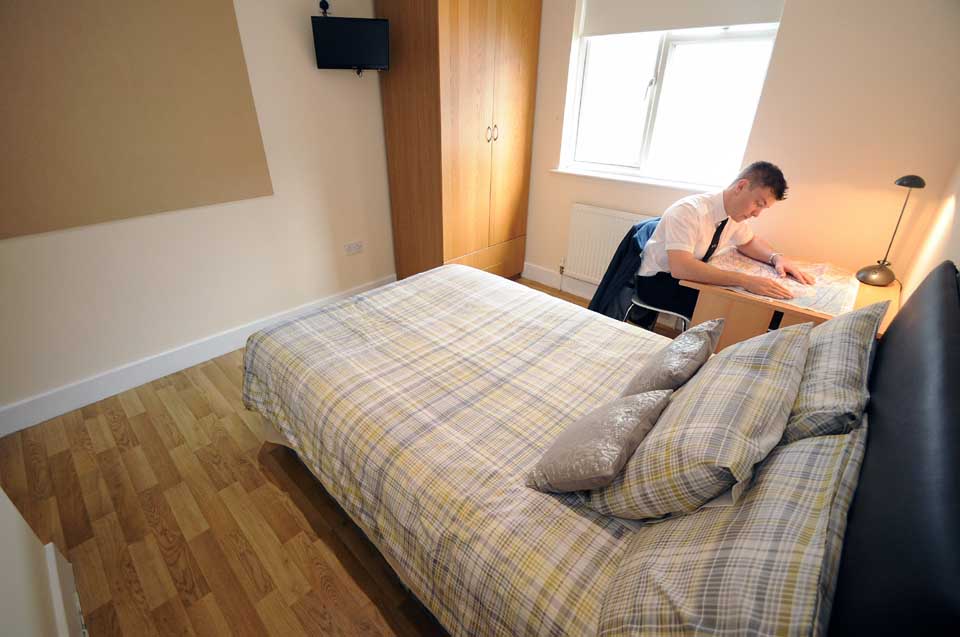
World-Class Training Aircraft
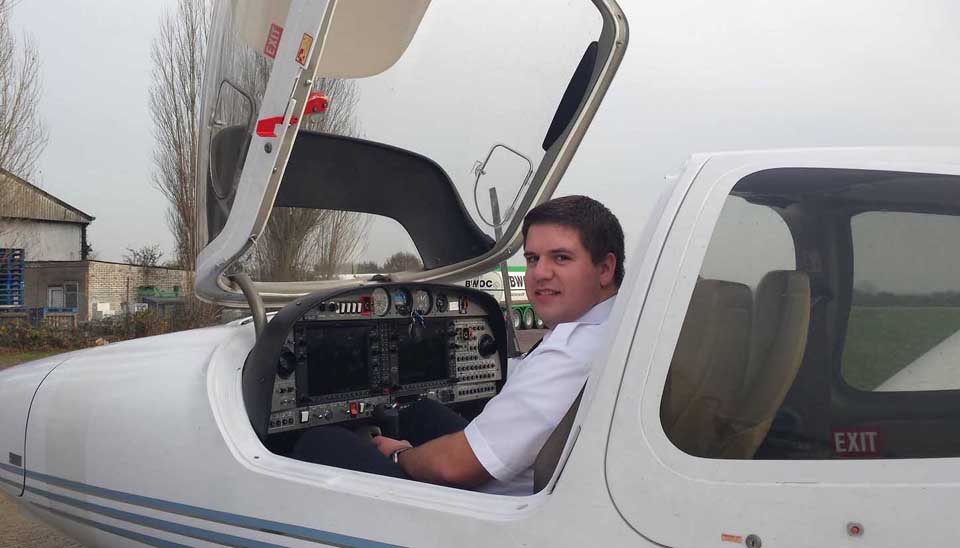
Latest News & Weather!
Latest Newsletter from SFC!
Our FREE quarterly newsletter 'Take Off' (PDF - 274kb) is now available to download (requires Acrobat Reader). It contains lots of up-to-the-minute news about the airfield and club as well as all the latest gossip. We want your contributions too. So if you have any stories, anecdotes or other ideas you wish to add to the next newsletter, or if you wish wish to order a FREE copy, please contact our editor Sue Rose - ku.oc.liamtoh@rp.esoreus or call her on 07808 587248.
Sept 2018 - Stapleford Flight Centre gets approval for Airline Pilot Standard MCC Courses
Stapleford Flight Centre are delighted to offer the new industry-standard MCC, known as the 'APS MCC' or 'Airline Pilot Standard Multi-Crew Co-operation Course'. The course syllabus is extended with ground school element increasing from three to five days with additional subjects; TEM (threat error management) CRM (crew resource management) FTL (flight time limitations) Swept wing theory Upset recovery and prevention SMS (safety management systems) ... read more here >>
2018 - Proposed RNAV approach at SFC - Consultation Process
This consultation is in relation to our proposed airspace change to allow RNAV approaches onto Runway 21L. You can download the PDF response form or add your responses online. You can also book into the 'drop -in' sessions here.
Latest Airfield Weather & Flying Status at SFC (Click to view in full window)
(Click to open in FULL separate window)
Latest Tweets from SFC!
Tweets by @flysfcSept 2015 - Stapleford Launches Integrated Pilot Training Courses!
Following hot on the heels of the Civil Aviation Authority (CAA) approval for Stapleford Flight Centre’s modular Air Transport Pilots’ Licence (ATPL) Theoretical Knowledge courses, Stapleford has now been given the go-ahead to run Integrated Pilot Training Courses at the airfield near Romford in Essex.... Download full press release >>
Aug 2015 - ATPL Theory Courses Cleared for Solo Take Off!
The Civil Aviation Authority has granted stand-alone approval for Stapleford Flight Centre to run modular Air Transport Pilots’ Licence (ATPL) Theoretical Knowledge courses at the airfield near Romford in Essex. This is the only ATPL theory course inside the M25 in the London area.. Download full press release >>
24th March 2015 - Re: Southend Controlled Airspace
When requesting a clearance into the new Southend CAS, from April 2nd 2015, it would be advisable to quote the CTA number(s) that you want clearance into. Sadly the CTA numbers are not shown on the new 1:500,000 chart and so you will find this chart useful. We strongly suggest that you carry it with you when flying locally to help you ensure you get the clearance you want. If you have any questions or concerns please contact one of the instructors at Stapleford: 01708 688380.
Latest Airline Industry News!
See:
New SFC 'Mobile Friendly' Website Launches!
Stapleford Flight Centre launches new 'mobile-friendly' website. We hope you like it - and that it displays consistently well on your desktop, laptop, tablet or mobile device (and if not, please do let us know and we'll try our very best to fix it).
SFC first with ALX medium jet simulator!
Stapleford Flight Centre, one of the UK’s top flight training schools, is leading the field with the acquisition of a brand new “state of the art” ALX Alsim medium jet simulator. This is first in the UK, and one of only five in Europe. It has just been installed at the Essex-based airfield and it will be used for MCC (Multi-Crew Co-operation) courses and JOC (Jet Orientation Courses) as well as a combined course for tomorrow’s airline pilots.
SFC Partners with ProPilot!
In conjunction with ProPilot we are introducing an enhanced ab-initio course where, in addition to the standard Zero to Frozen ATPL elements, we will train for type-rating preparation.
SFC awarded Infringement Prevention Award from NATS!
The first-ever National Air Traffic Service (NATS) Infringement Prevention Award has been awarded to Stapleford Flight Centre. This is a result of the sustained campaign led by Deputy Head of Training, Brian Peppercorn.
SFC Gains BAC Accreditation!
Stapleford Flight Centre, internationally-renowned flight training school for private and commercial pilots, has been awarded Full Accredition for its training courses by the British Accreditation Council for Independent, Further and Higher Education.
Tweet
Contact Us




